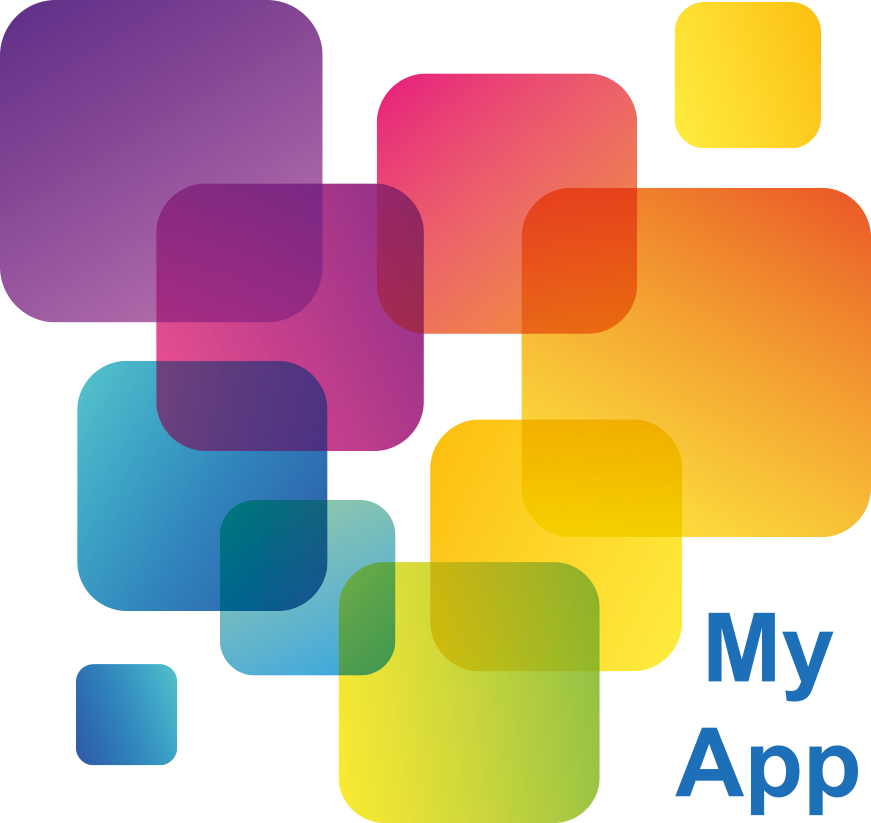Suicide is the act of intentionally taking your own life.
Suicidal feelings can mean having thoughts about ending your life or feeling that people would be better off without you. Or it can mean thinking about methods of suicide or making clear plans to take your own life.
If you are feeling suicidal, you might be scared or confused by these feelings. You may find the feelings overwhelming.
But you are not alone. Many people think about suicide at some point in their lifetime.
For Immediate Help
If you're feeling overwhelmed by thoughts of not wanting to live or you're having urges to attempt suicide, get help now. You may be worried about telling someone, it’s important to open up to someone you trust.
- If you are at immediate risk of suicide call 999 for help.
- Contact your GP for support
- Samaritans 116 123 (24hrs/day)
- Breathing Space 0800 83 85 87 (Mon–Thurs: 6 pm–2 am, Fri: 6 pm–Mon 6 am)
- SHOUT: Crisis text line 85258 (24 hours, everyday)
- For online support and resources visit: Staying Safe from Suicidal Thoughts


